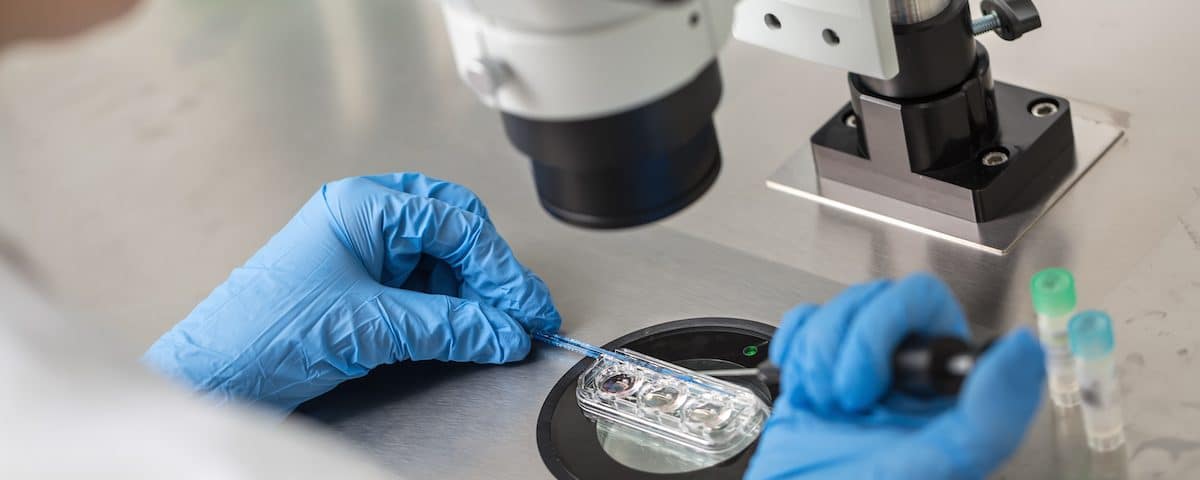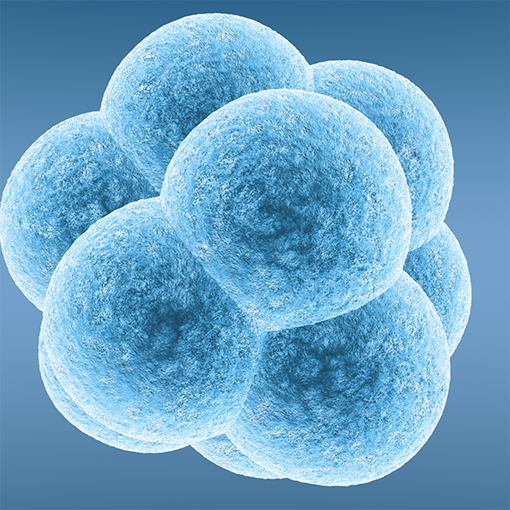Mosaic Embryos: How Technology Is Shaping the Healthy Family

Do IVF Rates Increase Using PGT-a?
August 16, 2019
How to Choose the Best California Center for Reproductive Medicine & Surrogacy
August 28, 2019Recent advances in preimplantation genetic testing – aneuploidy (PGT-a) technology is reshaping the modern family, or rather, the ability to achieve a healthy family.
It used to be that physicians and scientists classified embryos either chromosomally normal or abnormal. However, new technologies have evolved with PGT-a that enables embryologists to reclassify some embryos as mosaic. Mosaic is a term now assigned to embryos containing both normal and abnormal cells.
Why is this new classification for mosaic embryos important?
Not every embryo is perfect—in fact, many human embryos have some type of abnormality. Chromosomal abnormalities are linked to IVF failure, miscarriage and certain birth defects. As a result, mosaic embryos are not considered ideal embryos for IVF transfer. However with appropriate genetic counseling, the mosaic maybe considered to transfer.
Can mosaic embryos be used in IVF?
If a woman does not have any chromosomally normal embryos to transfer, another IVF cycle is not an option, and it might be her only chance to have a child, with appropriate genetic counseling, then mosaic embryos may be considered. However, the level of mosaicism should be taken into careful consideration.
According to recent research from CooperGenomics, low-level mosaic embryos (those with 20-40 percent mosaic cells) implant more and miscarry less compared to high-level mosaic embryos (those with 40-80 percent mosaic cells).
Though mosaic embryos may not be the first choice of IVF candidates, they may still be capable of something wonderful—a healthy baby.
Can mosaic embryos be used with a surrogate?
The short answer is, yes. However, both the intended parents and gestational surrogate considering a mosaic embryo transfer should be completely informed about the potential risks of miscarriage, birth defects and also be required to have a consultation with a genetic counselor knowledgeable about mosaic syndromes and does not have an option to create other embryos with another IVF cycle.
For world-renowned IVF treatment in San Diego, contact California Center for Reproductive Medicine at 760-274-2000. Dr. Lori Arnold is a board-certified IVF specialist who has helped thousands of Intended Parents achieve the family of their dreams.


